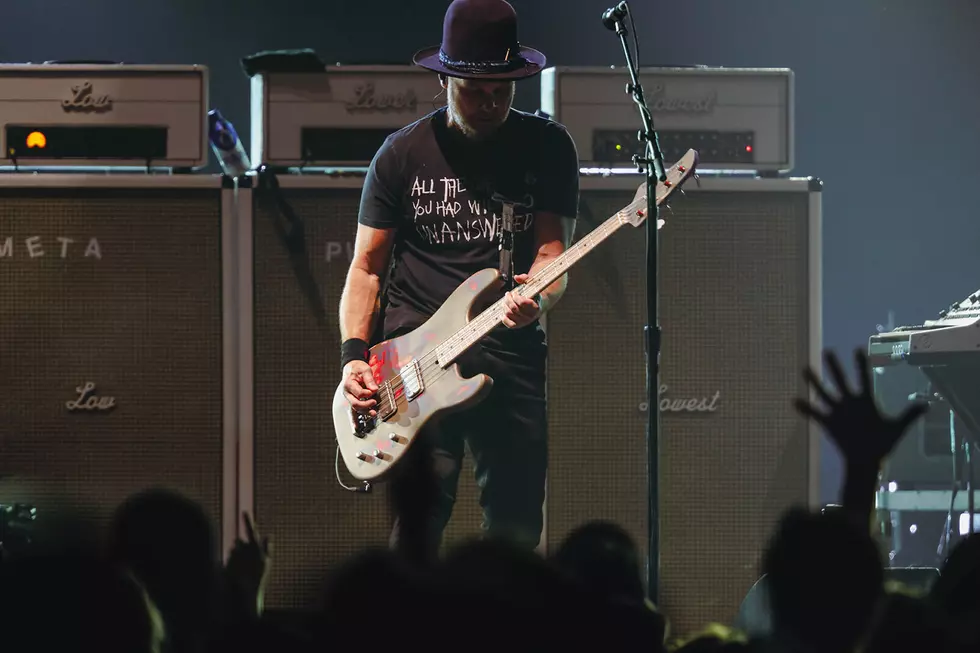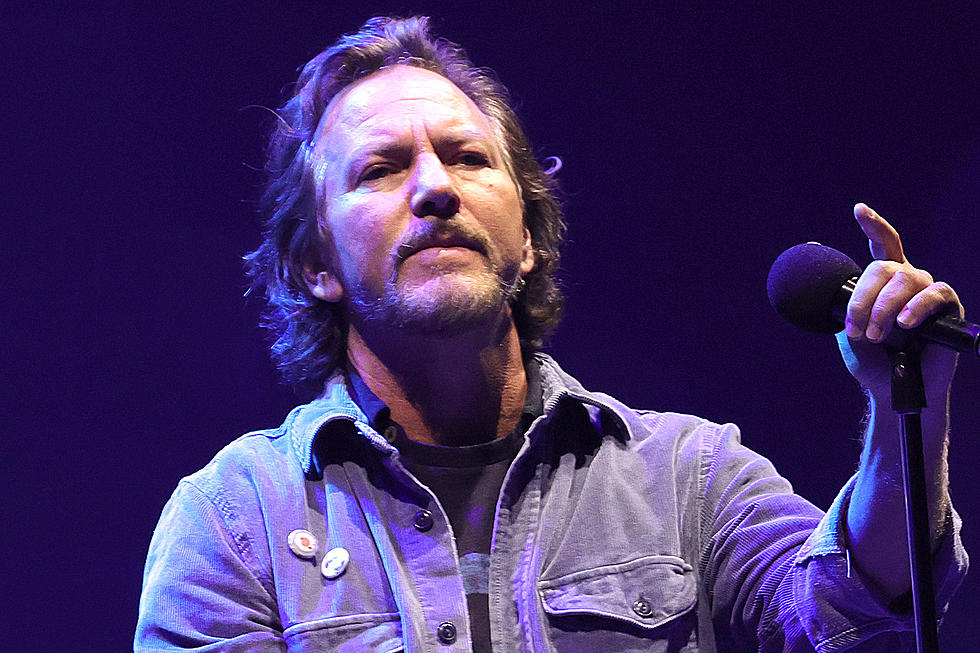
COVID-19 Tips for Bozeman: Virtual Tip Jars, Feeling Good and Where We Stand
There ARE small things you can do during this crisis that will improve your mental health. Protecting your mind is just as important as washing your hands, but sometimes that's easier said than done.
Daily Update / Tip: There were 8 new confirmed cases of Covid-19 reported in Gallatin County late on Thursday, bringing the total number of confirmed cases to 128. While it’s tempting to try to extrapolate the # of daily cases into some larger trend, you are cautioned against using the # of daily cases to draw broader conclusions. Sometimes the numbers are impacted by practical on-the-ground testing logistics, or that the numbers are simply being reported differently (once a day) as recently happened. Regardless of the # of new cases reported, our assignment as citizens of Gallatin County remains the same. Stay at home. Wash your hands. Disinfect surfaces. Keep physically distant from those you don’t live with. Call your doctor if you’re sick.
FAQ: Q: Why is it sometimes called coronavirus and sometimes called Covid-19? A: COVID-19 is an acronym that stands for coronavirus disease of 2019. Diseases are officially named by WHO in the International Classification of Diseases (ICD). For COVID-19, the name was decided based on agreed guidelines between the WHO, the World Organization for Animal Health, and the Food and Agriculture Organization of the United Nations. The name, and its abbreviation, was chosen because it didn’t refer to a specific geographic location, a specific animal, or a specific group of people. It also had to be easy to pronounce and related to the disease.
Pulling Together: A website has been created to allow you to “virtually tip” your favorite servers who are currently impacted by area shutdowns and restrictions. Montana Tip Jar was created to enable support of friends and neighbors who work in our state's service industries and have lost income due to the COVID-19 pandemic. To leave a tip (or to register to receive tips) go to montanatipjar.org.
What Can I Do? Be generous. Not only is volunteering and donating good for the community; it’s also good for you. Volunteering, giving, and other altruistic behaviors can not only help us cope with pain, but can actually relieve it. A recent study finds that the experience of giving deactivates parts of the brain that reacts to pain. Researchers also found that "Acting altruistically relieved not only acutely induced physical pain among healthy adults but also chronic pain among cancer patients."
More From The Moose 94.7 FM









